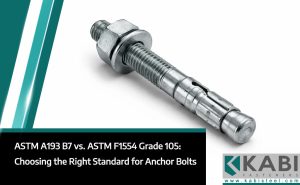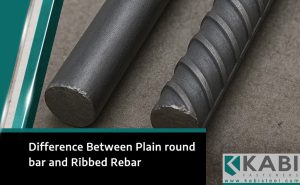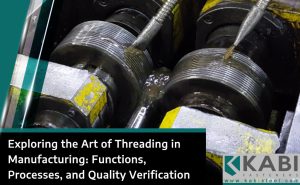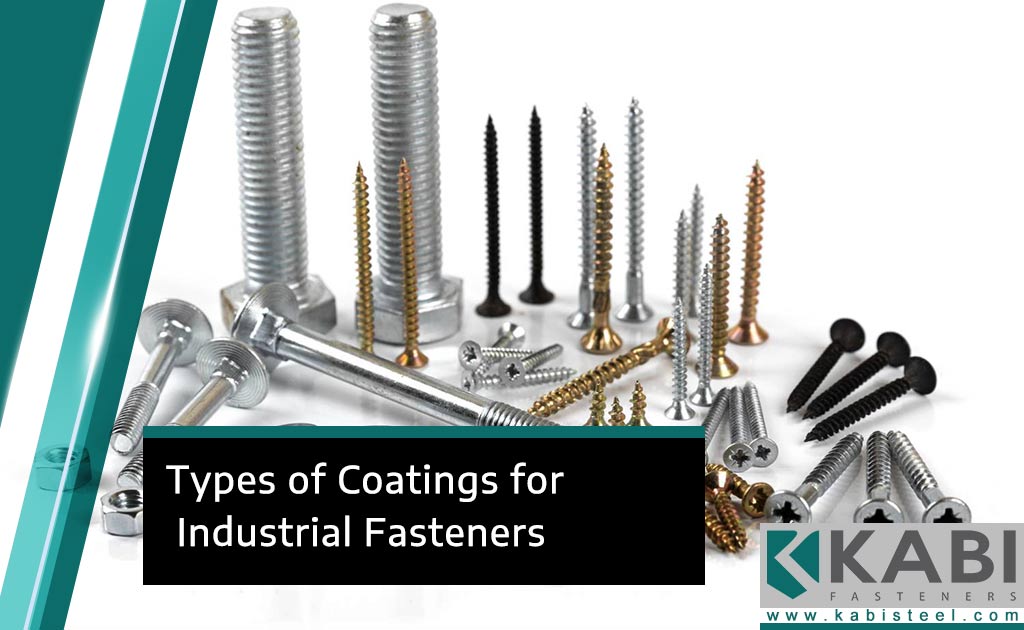Industrial fasteners, such as bolts, screws, nuts, and washers, play a critical role in the functionality and reliability of mechanical systems and structures. To ensure durability and resistance against environmental factors like corrosion, wear, and temperature changes, various coatings are applied to these fasteners. Each type of coating serves specific purposes, depending on the application and environment in which the fasteners will be used. This article explores the types of coatings commonly applied to industrial fasteners, along with their advantages and disadvantages.
1. Zinc Coating
Zinc coating is one of the most widely used protective finishes for industrial fasteners. It is typically applied through methods such as galvanization, electroplating, or mechanical plating. Zinc provides sacrificial protection, meaning it corrodes in place of the fastener.
Advantages:
-
Corrosion Resistance: Zinc acts as a barrier and provides cathodic protection, ensuring long-term resistance to rust.
-
Cost-Effective: Zinc coatings are relatively inexpensive compared to other coating methods.
-
Ease of Application: Processes like hot-dip galvanization or electroplating are efficient and scalable.
-
Versatility: Suitable for various industries, including construction, automotive, and manufacturing.
Disadvantages:
-
Limited Durability in Extreme Environments: Zinc coatings may degrade faster in highly corrosive or marine environments.
-
Thickness Control: In processes like hot-dip galvanization, achieving uniform coating thickness can be challenging.
-
White Rust: Prolonged exposure to moisture can cause the formation of white rust on zinc coatings.
2. Phosphate Coating
Phosphate coatings, often made of zinc, iron, or manganese, are applied to fasteners to improve corrosion resistance and provide a good base for paint or lubricants. The coating is typically achieved through a chemical conversion process.
Advantages:
-
Improved Paint Adhesion: Ideal as a primer for further coatings or paints.
-
Lubricity: Reduces friction during installation, making it suitable for threaded fasteners.
-
Corrosion Resistance: Offers moderate protection in environments where heavy corrosion is not a primary concern.
Disadvantages:
-
Lower Corrosion Protection Compared to Other Coatings: Requires additional sealers or topcoats for enhanced performance.
-
Fragility: The coating can be brittle and prone to chipping.
-
Environmental Concerns: The chemical processes involved may produce waste that requires proper disposal.
3. Teflon (PTFE) Coating
Teflon, or polytetrafluoroethylene (PTFE), is a polymer-based coating known for its non-stick and low-friction properties. It is applied to fasteners to reduce torque and improve wear resistance.
Advantages:
-
Low Friction: Reduces galling and makes installation easier.
-
Chemical Resistance: Resistant to a wide range of chemicals, making it suitable for harsh environments.
-
Temperature Stability: Performs well in extreme temperatures, from cryogenic levels to high heat.
-
Non-Stick Properties: Prevents debris or contaminants from adhering to the fastener surface.
Disadvantages:
-
Cost: Teflon coatings are more expensive than standard options like zinc or phosphate.
-
Thickness Control: Ensuring uniform application requires precision and expertise.
-
Limited Wear Resistance: While it reduces friction, Teflon may wear off over time under high stress.
4. Black Oxide Coating
Black oxide is a conversion coating that forms a protective layer of magnetite (Fe3O4) on steel or stainless steel fasteners. It provides a sleek, black finish while offering moderate corrosion resistance.
Advantages:
-
Aesthetic Appeal: Provides a uniform, professional black finish.
-
Corrosion Resistance: Moderate protection when combined with oil or wax.
-
Dimensional Stability: The coating is thin and does not significantly alter the dimensions of the fastener.
-
Cost-Effective: Relatively inexpensive compared to other coatings.
Disadvantages:
-
Low Corrosion Resistance Without Sealants: Requires additional treatments for better performance in humid or wet environments.
-
Limited Durability: Not ideal for highly corrosive or abrasive conditions.
-
Maintenance Required: Regular re-application of oil or sealant may be necessary.
5. Cadmium Coating
Cadmium coating is a traditional choice for fasteners exposed to marine or aerospace environments. It provides excellent corrosion resistance and lubricity but has become less common due to environmental and health concerns.
Advantages:
-
Superior Corrosion Resistance: Excellent performance in saltwater or marine environments.
-
Lubricity: Provides a smooth surface for easier installation and reduced wear.
-
Adhesion: Serves as a good base for paint or other coatings.
Disadvantages:
-
Environmental Hazards: Cadmium is toxic, and its use is restricted in many regions.
-
Cost: Expensive due to regulatory requirements and limited availability.
-
Health Risks: Handling cadmium-coated fasteners requires special precautions to avoid exposure.
6. Ceramic Coating
Ceramic coatings are advanced solutions that provide a hard, durable, and highly resistant layer on fasteners. These coatings are often used in industries requiring high performance under extreme conditions, such as aerospace or automotive.
Advantages:
-
High Temperature Resistance: Can withstand extreme heat without degradation.
-
Corrosion Resistance: Excellent protection in aggressive environments.
-
Wear Resistance: Highly durable against abrasion and mechanical wear.
-
Chemical Resistance: Resistant to a wide range of chemicals and acids.
Disadvantages:
-
Cost: Ceramic coatings are expensive and require specialized application techniques.
-
Brittleness: The coating may crack under extreme stress or impact.
-
Application Complexity: Requires advanced equipment and expertise
7. Dacromet and Geomet Coatings
Dacromet and Geomet coatings are water-based, inorganic coatings made from zinc and aluminum flakes. These coatings are commonly used in automotive and heavy machinery industries for their high-performance corrosion resistance.
Advantages:
-
Eco-Friendly: Free of hazardous substances like chromium or cadmium.
-
High Corrosion Resistance: Performs exceptionally well in salt spray and marine environments.
-
Thin Coating: Minimal impact on fastener dimensions.
-
Temperature Resistance: Stable under high operating temperatures.
Disadvantages:
-
Cost: More expensive than standard coatings like zinc or black oxide.
-
Limited Availability: Not as widely available as traditional coatings.
-
Application Process: Requires advanced equipment for proper application.
8. Nickel and Chrome Coatings
Nickel and chrome coatings provide a shiny, decorative finish while offering excellent corrosion and wear resistance. These coatings are often used in applications where aesthetics and performance are equally important.
Advantages:
-
Aesthetic Appeal: Provides a polished, mirror-like finish.
-
Corrosion Resistance: High resistance to rust and oxidation.
-
Wear Resistance: Durable against abrasion and mechanical stress.
Disadvantages:
-
Cost: Expensive compared to other coating options.
-
Complex Application: Requires precise control during electroplating.
-
Environmental Concerns: Electroplating processes can generate hazardous waste.
Conclusion
Selecting the right coating for industrial fasteners depends on the specific application requirements, environmental conditions, and budget constraints. While zinc coatings are a versatile and economical choice for general applications, advanced options like ceramic or Teflon coatings cater to specialized needs in harsh environments. Emerging eco-friendly coatings, such as Dacromet and Geomet, highlight the industry’s move towards sustainable solutions. By understanding the advantages and disadvantages of each coating type, manufacturers and engineers can make informed decisions to ensure the longevity and reliability of their fasteners.





